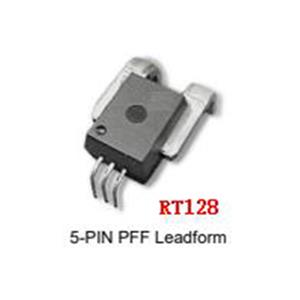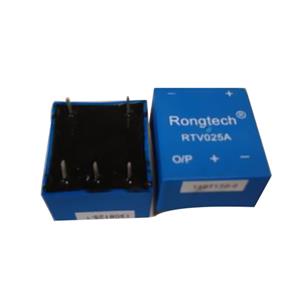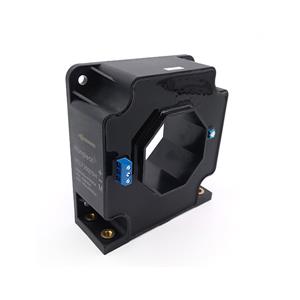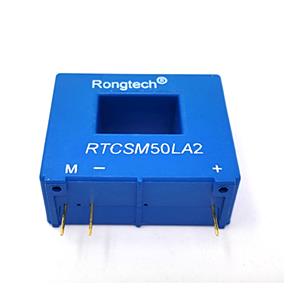Application of Sensors in New Energy Vehicles
Sensors play a pivotal role in advancing the performance, safety, and efficiency of new energy vehicles (NEVs), including electric vehicles (EVs) and hybrid electric vehicles (es (HEVs). These devices serve as the "nervous system" of NEVs, enabling real-time data collection and system optimization.
Firstly, battery management systems (BMS) rely heavily on sensors to monitor parameters like voltage, temperature, and current within lithium-ion battery packs. Temperature sensors prevent thermal runaway, while voltage sensors ensure balanced charging and discharging—crucial for extending battery lifespan. Additionally, current sensors track energy flow to maximize efficiency and protect components from overloads.
In electric motor control, position and speed sensors (e.g., resolvers or Hall-effect sensors) provide feedback for precise torque regulation and smooth operation. Similarly, pressure sensors optimize regenerative braking systems by monitoring hydraulic pressure, enhancing energy recovery during deceleration.
Moreover, LiDAR, cameras, and ultrasonic sensors are integral to NEV autonomy and safety. They enable features like adaptive cruise control and collision avoidance,, contributing to both driver convenience and accident prevention.
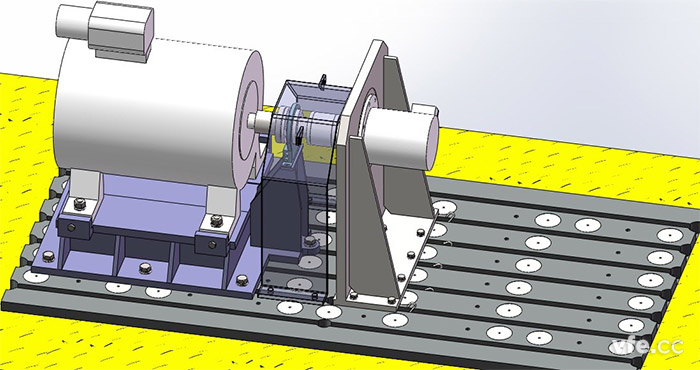
As NEVs evolve toward greater intelligence, sensors will further integrate with AI and IoT technologies,, paving the way for smarter, safer,and more sustainable mobility solutions.Challenges remain, such as improving sensor durability and cost-effectiveness,, but ongoing innovations promise to redefine the automotive landscape.

